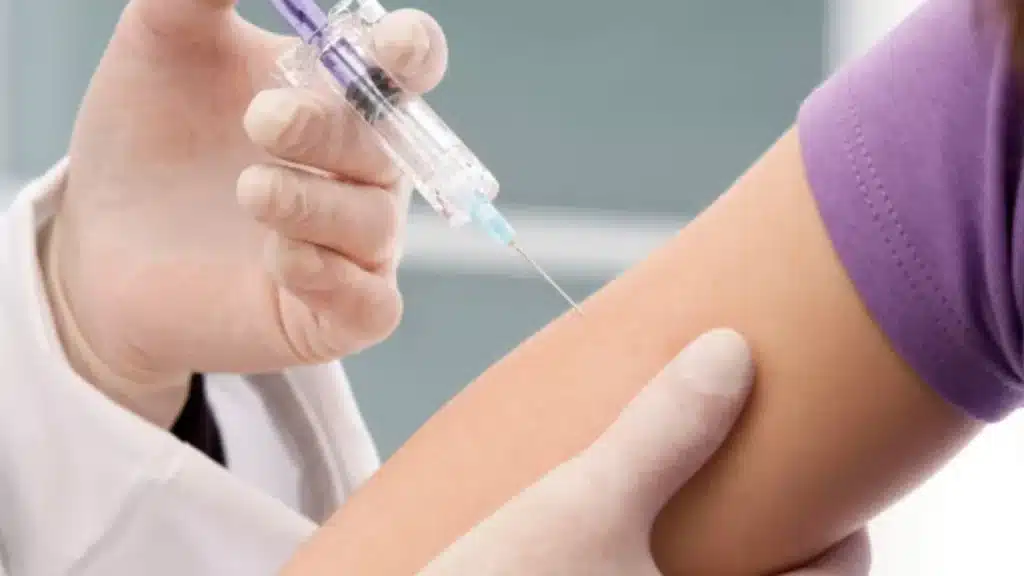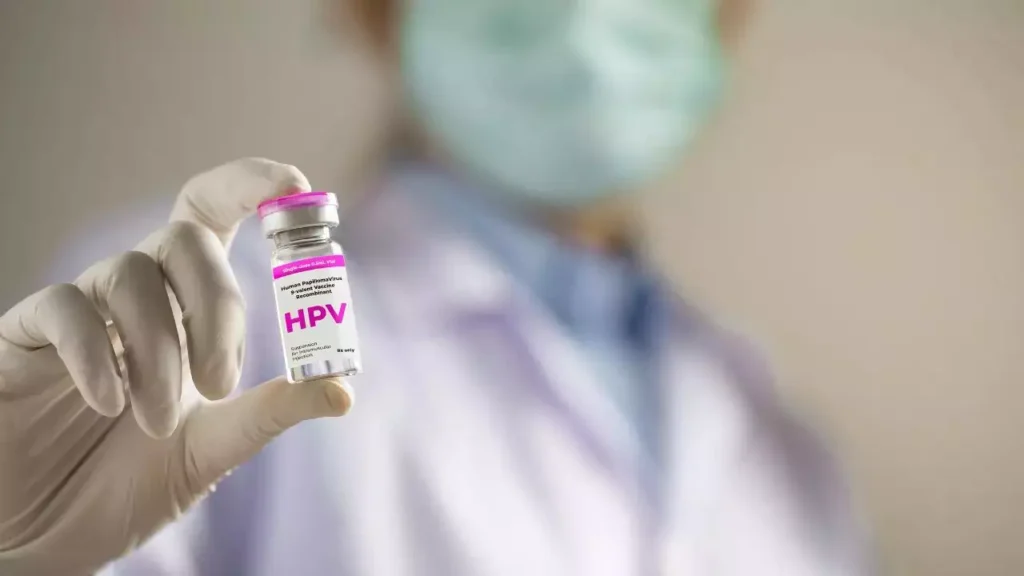Cervical cancer, a major global health concern, has long been a focus of medical research and preventive measures. Among the breakthroughs in this arena is the cervical cancer vaccine, a powerful tool in the fight against this potentially deadly disease. In this article, we explore the age recommendations, limitations, pricing, availability and affordability of the cervical cancer vaccine.
Cervical Cancer and the Need for Prevention
Cervical cancer is primarily caused by persistent infection with high-risk types of human papillomavirus (HPV), a common sexually transmitted infection. This type of cancer affects the cervix, the lower part of the uterus, and is a leading cause of cancer-related deaths among women worldwide. Recognizing the role of HPV in cervical cancer has paved the way for the development of vaccines that aim to prevent HPV infection and subsequently reduce the incidence of cervical cancer.
Cervical Cancer Vaccine Age
One of the crucial aspects to consider when discussing the cervical cancer vaccine is the age at which it is most effective. The primary target demographic for vaccination is young individuals, typically between the ages of 9 and 26. The rationale behind this is rooted in the fact that the vaccine provides optimal protection when administered before exposure to the human papillomavirus (HPV), a major precursor to cervical cancer.

HPV is a common sexually transmitted infection that plays a pivotal role in the development of cervical cancer. Vaccinating individuals before they become sexually active ensures that they receive the full benefits of the vaccine. However, recent studies have suggested that the vaccine might still offer substantial protection when administered to older age groups. As a result, some healthcare providers may recommend the vaccine for individuals up to the age of 45.
Cervical Cancer Vaccine Age Limit
While the vaccine has demonstrated effectiveness in older age groups, there are practical limitations and diminishing returns as individuals age. The optimal age for vaccination remains before the onset of sexual activity and potential exposure to HPV. The vaccine is typically not recommended for individuals over the age of 45 due to decreased efficacy and the likelihood of prior exposure to the virus.
Understanding the age limit is crucial for healthcare providers and individuals alike to make informed decisions about vaccination. Initiatives promoting awareness about the vaccine’s age limit can empower individuals to take proactive steps towards safeguarding their health.
Cervical Cancer Vaccine Price
The cost of cervical cancer vaccines has been a subject of concern, impacting accessibility and adoption rates globally. Different types of vaccines are available, and their prices may vary. The most common cervical cancer vaccines include Gardasil 9 and Cervarix.
Gardasil 9, a vaccine that protects against nine strains of HPV, is one of the widely used vaccines globally. The cost of a full vaccination series can range from a few hundred to over a thousand dollars, depending on the healthcare provider, region, and healthcare system.
Cervarix, another HPV vaccine that targets specific high-risk HPV strains, may have a different pricing structure. It is essential for individuals to consult with healthcare professionals and explore available options to make informed decisions based on their financial capacity and health priorities.
Also Read: 7 ways to reduce your chances of developing cancer
Cervical Cancer Vaccine in India
India, with its diverse population and varying healthcare infrastructure, faces unique challenges in combating cervical cancer. The prevalence of the disease and the importance of vaccination have prompted the Indian government to integrate cervical cancer vaccines into its immunization programs.
The most commonly administered vaccine in India is the quadrivalent HPV vaccine, which protects against four major HPV strains. This vaccine is often included in the national immunization schedule, making it accessible to a significant portion of the population. Awareness campaigns and educational initiatives play a crucial role in disseminating information about the vaccine’s importance and availability in India.
Cervical Cancer Vaccine Price in India
In India, the pricing of cervical cancer vaccines can be influenced by factors such as the vaccine type, brand, and distribution channels. The government’s initiatives to make vaccines more accessible to the public, especially in government-sponsored healthcare programs, have contributed to increased affordability.
Several NGOs and private organizations also work towards making cervical cancer vaccines accessible to underserved populations in India. Additionally, awareness programs educate women and communities about the importance of vaccination, dispelling myths and misconceptions that may deter individuals from seeking preventive measures.
Vaccination Challenges and Solutions
Despite the significant strides made in cervical cancer vaccination, challenges persist. Access to healthcare, particularly in rural and underserved areas, remains a barrier to widespread vaccination. Initiatives promoting mobile clinics, community outreach programs, and partnerships with local healthcare providers play a crucial role in overcoming these challenges.
Furthermore, vaccine hesitancy, driven by misinformation and cultural beliefs, poses a substantial hurdle. Comprehensive educational campaigns, involving healthcare professionals and community leaders, are essential in dispelling myths and fostering trust in the safety and efficacy of cervical cancer vaccines.
Research and Development

Ongoing research and development in the field of cervical cancer vaccines aim to enhance existing vaccines and develop new ones. Innovations such as next-generation vaccines targeting additional HPV strains and exploring alternative delivery methods are on the horizon. These advancements hold the promise of increased efficacy, broader protection, and potentially lower costs, further facilitating global access to preventive measures against cervical cancer.
Conclusion: A Step Towards Cervical Cancer Eradication
The cervical cancer vaccine stands as a beacon of hope in the battle against a disease that has claimed countless lives globally. By understanding the recommended age for vaccination, the age limitations, and the pricing and accessibility of the vaccine, individuals and communities can make informed decisions about their health.
In India, where the burden of cervical cancer is significant, the integration of the vaccine into public health programs is a promising step. As we continue to navigate the complexities of healthcare delivery, awareness and education play a pivotal role in ensuring the widespread acceptance and adoption of preventive measures.
In conclusion, the cervical cancer vaccine represents a powerful tool in the fight against a disease that has long plagued women’s health. With continued research, education, and accessibility, we move closer to a future where cervical cancer is not just treatable but preventable, offering a brighter and healthier tomorrow for women around the world.


